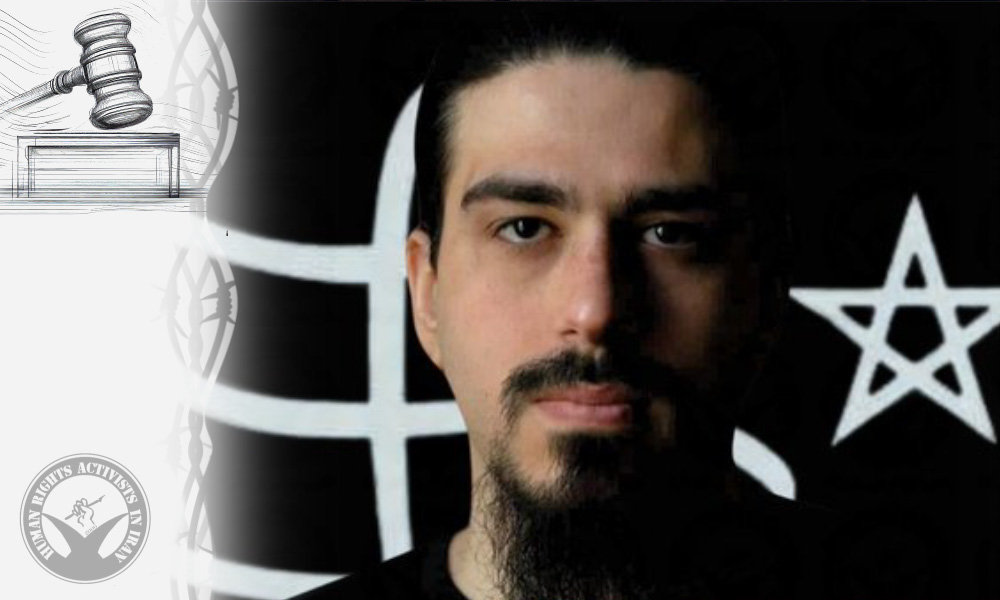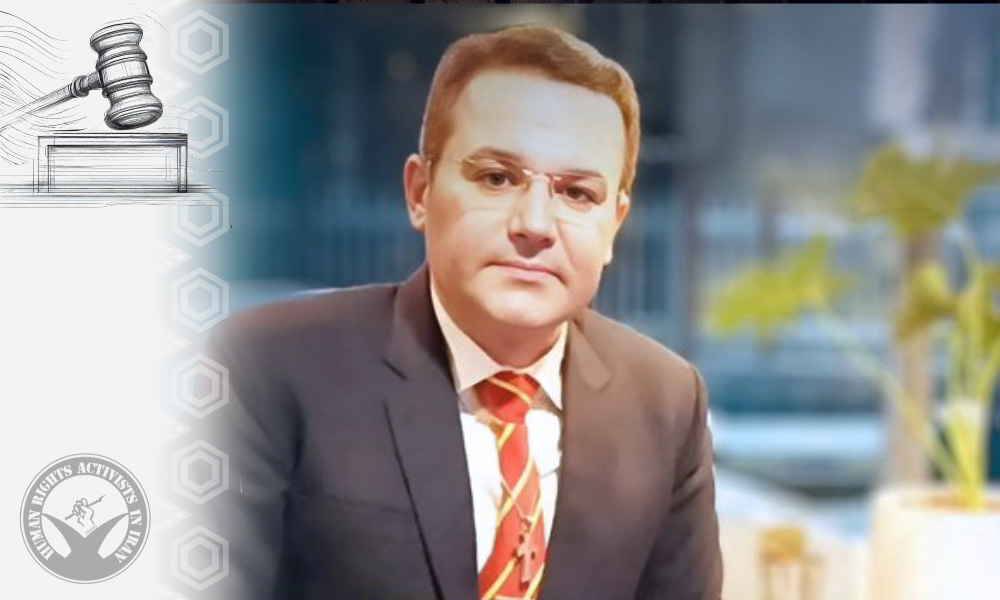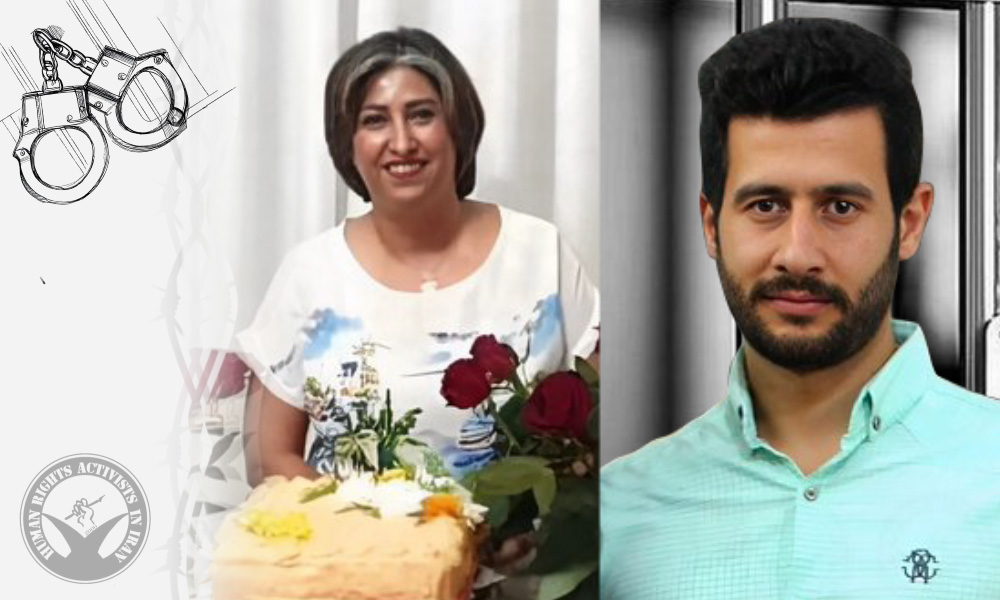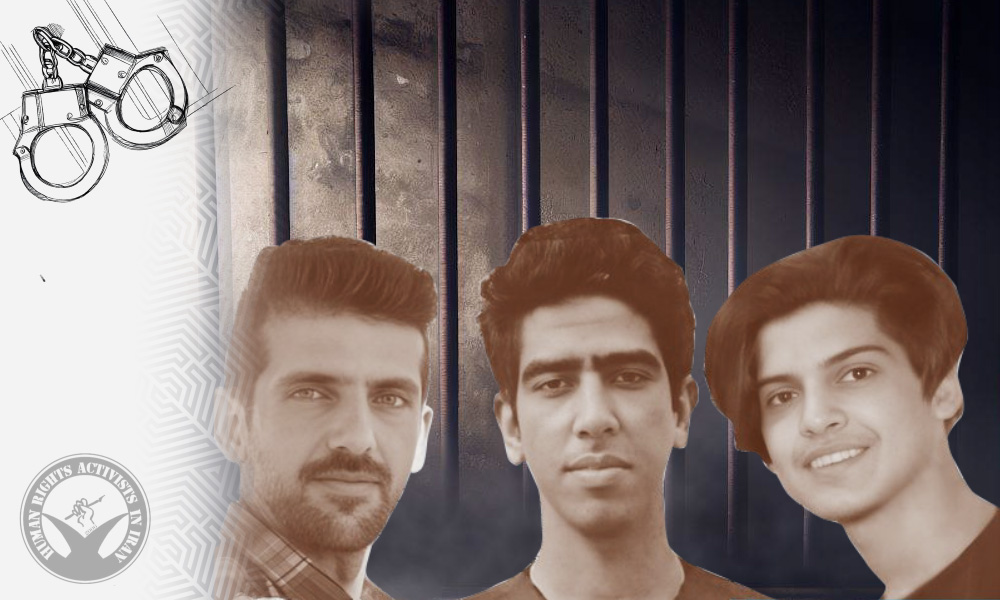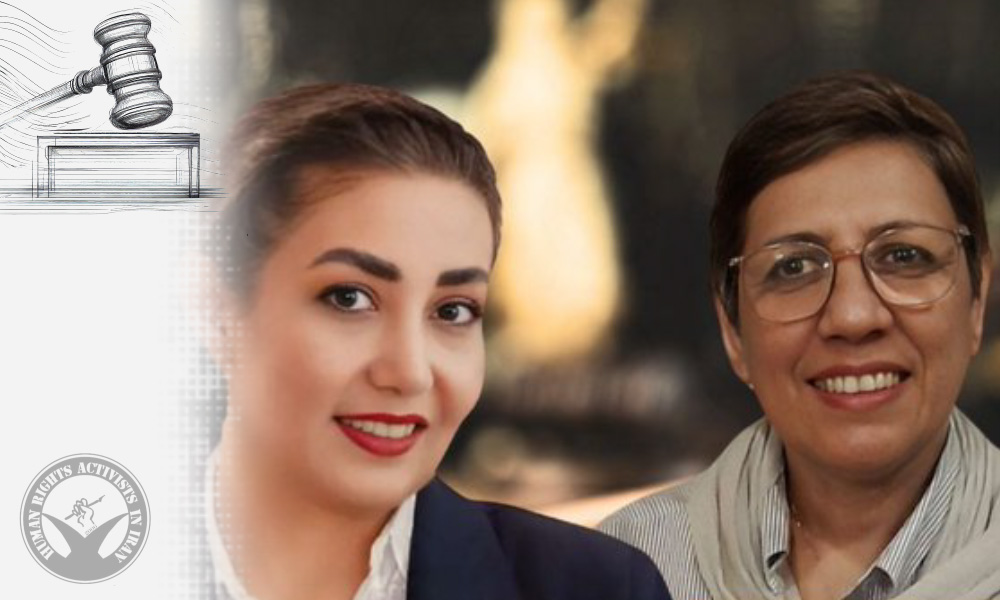Behrad Azargan, a Baha’i musician residing in Tehran, has had his prison sentence reduced to seven years by Branch 36 of the Court of Appeals in Tehran Province. He had previously been sentenced at the primary trial to 11 years in prison, confiscation of seized belongings, a two-year ban on online activities, and a travel ban.
Under the ruling delivered by Branch 36 and conveyed to Mr. Azargan, he was sentenced to five years in prison for “engaging in educational or promotional activities deemed deviant to Islamic Sharia under the guise of sects, groups, or similar entities” and two years for “spreading falsehoods.”
Previously, Branch 15 of the Revolutionary Court in Tehran, presided over by Judge Salavati, had sentenced him to five years for the above-mentioned charge, four years for “membership in anti-regime groups,” and two years for “spreading falsehoods.” The court also ordered that items seized during the raid on his home be confiscated for the state. Furthermore, Azargan was banned for two years from online activities and from leaving the country.
On July 2, 2024, Azargan’s home in Tehran was searched by security agents, who confiscated personal belongings, including his phone and laptop.
On August 3, he was arrested after appearing before the Third Branch of the Prosecutor’s Office for Security for questioning regarding charges of “propaganda against the regime.” He was later released from Evin Prison on bail.
Baha’is are subjected to violations of their religious rights, comprising 82% of reports on infringements against religious minorities, according to HRA’s 2023 annual report.
The Baha’i faith is not recognized as a legitimate religion by Iranian authorities, leading to systematic and longstanding violations of the rights of Baha’is in the country. This includes the denial of their fundamental right to practice their religion, which constitutes a clear breach of both Article 18 of the Universal Declaration of Human Rights and Article 18 of the International Covenant on Civil and Political Rights. The United Nations covenant holds that every person has the right to freedom of religion, freedom of converting religion, as well as freedom of expression, individually or collectively; openly or secretly.



